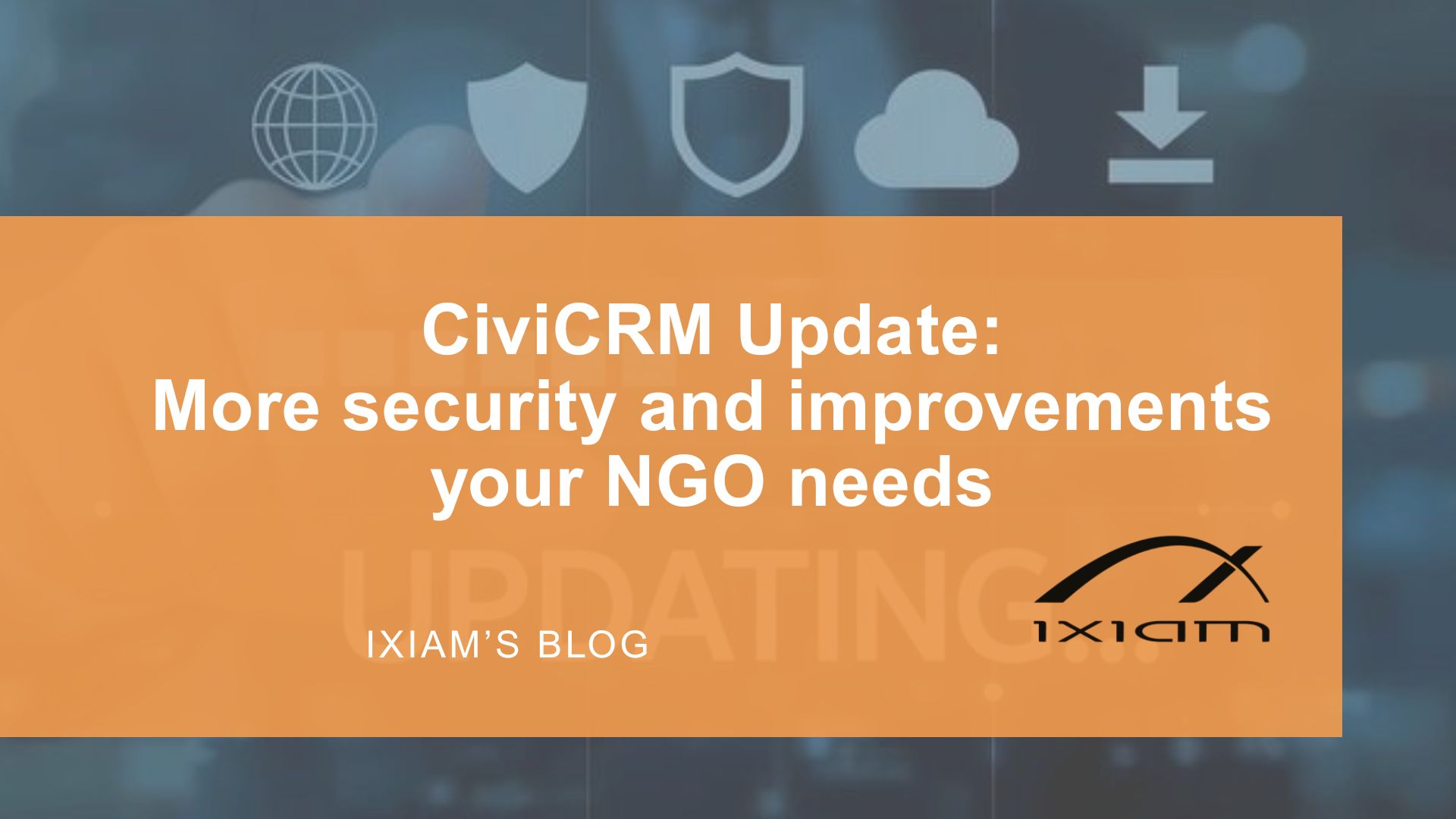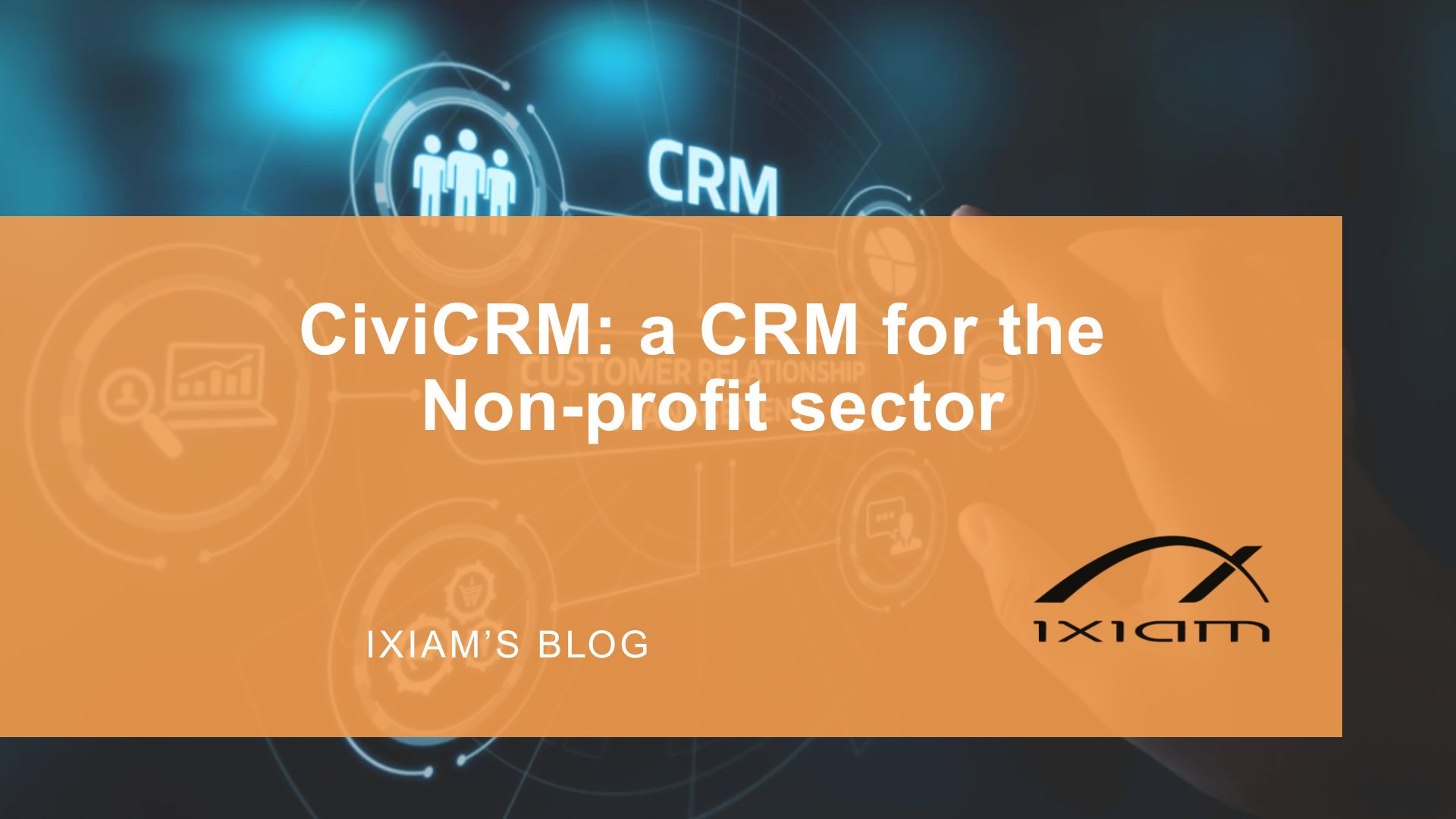
Lock-in isn’t always visible… until it’s too late.
Many organizations realize they’re trapped only after years of using a CRM. The symptoms appear gradually: growing invoices, impossible exports, and unbreakable technical dependencies. The good news is that it can be detected early.
Warning signs of vendor lock-in
Exporting data is complicated or limited. If you can only get PDF reports or partial data, that’s a red flag. Before signing a contract, ask them to show you how data export works and what technical requirements are needed.
Proprietary formats. Data can’t be exported in CSV, SQL, or other standard formats — only in files that their system can read.
Closed or incomplete APIs. There’s no easy way to connect with other platforms without paying extra. Ask for technical specifications and pricing so you can anticipate the cost of a potential migration.
Hidden costs. Integrations, additional users, “premium” support… it all adds up and makes the operation more expensive. Every system has its own monetization model — it’s not always a trap. But understanding which features come at an extra cost can be tricky. That’s why we recommend asking about the costs of activities related to importing, updating, and bulk exporting data.
Dependence on a single provider. If only they can update, repair, or migrate the system, you’re locked in. It’s perfectly fine to delegate. It’s fine not to have an in-house technical team — as long as it’s a strategic decision. Make sure you understand which actions are restricted for external people (technical or otherwise).
How to avoid it from the start
- Choose free and open-source software. Platforms like CiviCRM allow you to audit the code, access your data, and avoid depending on a single vendor.
- Demand interoperability. Check whether the tool uses open APIs and recognized standards.
- Ask about the exit plan. Before signing a contract, ask: how can I take my data with me if I decide to leave this system?
- Design with freedom in mind. Your technology strategy should treat migration as a right, not a nightmare.
Practical comparison of some systems:
CRM | Lock-in level | Key warning |
Salesforce / Dynamics | High. Closed ecosystems | License costs and limited data export |
HubSpot | High. Freemium model | What’s free stops being free as you grow |
Other “free” tools | Moderate. Limited data access | Migration is nearly impossible without data loss |
iXiam + CiviCRM | Minimal. Open Source | Open data, clear and simple migration |
Our vision at iXiam
We don’t believe in digital lock-ins. Our model with CiviCRM puts organizational freedom at the center: your data is yours, always accessible, always portable. A CRM that locks you in isn’t a tool; it’s an obstacle.
Vendor lock-in can be avoided. You just need to look beyond initial promises and demand transparency in data portability.
At iXiam, we keep the door open in our CiviCRM, Civi-Go, and Drupal projects.
Write to us if you’re interested.



